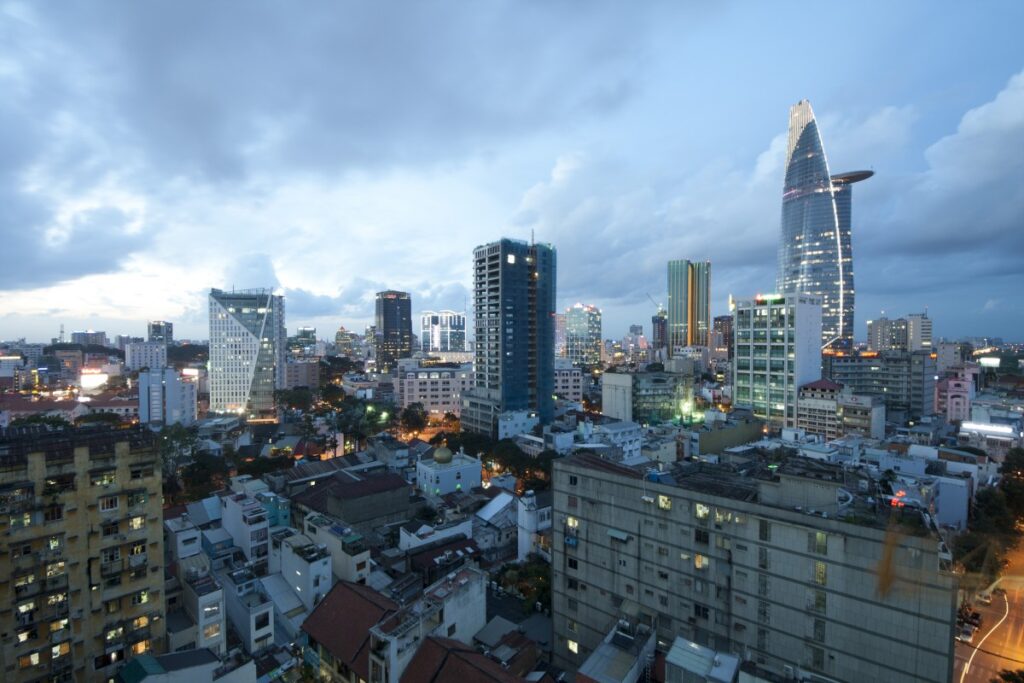
3 Hurdles Vietnam has to Overcome to Become a Fintech Leader
by Fintech News Singapore September 8, 2020The fintech industry has been growing steadily in Vietnam, fueled by increasing smartphone and Internet penetration, the country’s young population, and its rising middle class.
According to the lastes Fintech Map the number of fintech companies in Vietnam has increased from around 40 in 2016 to more than 154 in mid-2019, including 37 operating in payments and 25 in the field of peer-to-peer (P2P) lending.
Transactions on Vietnam’s fintech market reached US$4.4 billion in 2017 and are set to double to US$7.8 billion in 2020, according to a research by Asia-focused corporate strategy consulting firm Solidiance.
Despite the industry’s strides, fintech companies and entrepreneurs still face major challenges, which, according to experts and industry observers, are limiting the sector’s growth potential.
Talent shortage

image via Unsplash
Vietnam has been lacking high quality talent, a factor that has arguably limited the industry’s growth in the country.
According to Authur Leong, head of strategy, special project and fintech investment at Singapore’s United Overseas Bank (UOB), the development of a healthy fintech ecosystem requires a talented workforce through STEM (science, technology, engineering and mathematics) education, reskilling and attracting overseas talent, in addition to other factors such as regulatory framework, payment infrastructure and sandbox.
Khanh of the University of Economics and Law, told Vietnam News in October, that despite the industry’s strong growth over the past years, Vietnam was still short of fintech talent, a major hurdle to fintech growth.
“People are still the core factor,” Khanh said. “We still lack professional experts and managers in [fintech].”
On this topic, Brian Thung, managing partner at EY ASEAN Financial Services, has said last year that governments played a vital role in shaping a conducive fintech ecosystem. These should focus on helping attract and develop the right talent pool, and promoting innovation, collaboration and healthy competition.
Several Fintech startups also told Fintechnews.sg that they struggle in finding product and marketing managers, as there is a run for talent. And as a relatively young Fintech it is difficutl to attract them.
Regulation

Image via PxHere.com
One of the major challenges faced by Vietnamese fintech startups today is the lack of government policies and regulations that actually support the development of the ecosystem.
Experts have solicited for the establishment of a regulatory sandbox, with Lam Nguyen Hai Long, chairman of the HCM City Computer Association (HCA), pointing out that Indonesia, Malaysia, Singapore and Thailand all had special regimes in place that allow small-scale, live testing of innovative solutions, while the Philippines and Vietnam did not.
He urged the government to quickly develop a legal framework and offer incentives to attract investment from large tech companies for developing fintech platforms.
But according to Han Ngoc Tuan Linh, chairman of the board of Vietnam Silicon Valley (VSV), the government has already begun working on that with the State Bank of Vietnam (SBV) setting up a team to create that sandbox.
Infrastructure

Image via PxHere.com
From a technical point of view, another key challenge to fintech adoption in Vietnam comes from the integration of new innovative solutions into legacy banking systems. Most banking systems in Vietnam are considered outdated with underdeveloped payment systems, customer credit data, legal enforcement mechanisms for payment obligations, and so on.
This, however, is expected to change. In HCM city, the local People’s Committee has committed to transforming the city into an international financial hub, and for that, a focus will be put on completing the infrastructure system, improving startup initiatives, improving administrative procedures, and creating an enticing investment environment, among other things.
Separately, the SBV has encouraged the banking sector to deploy ATM and point-of-sale (POS) networks nationwide, increase collaboration with fintech companies, and introduce modern payment methods to the wider population, especially those living in remote and difficult areas, as part of its strategy to turn Vietnam into a cashless economy.
Featured image credit: Unsplash







2 Comments so far
Jump into a conversationNo Comments Yet!
You can be the one to start a conversation.